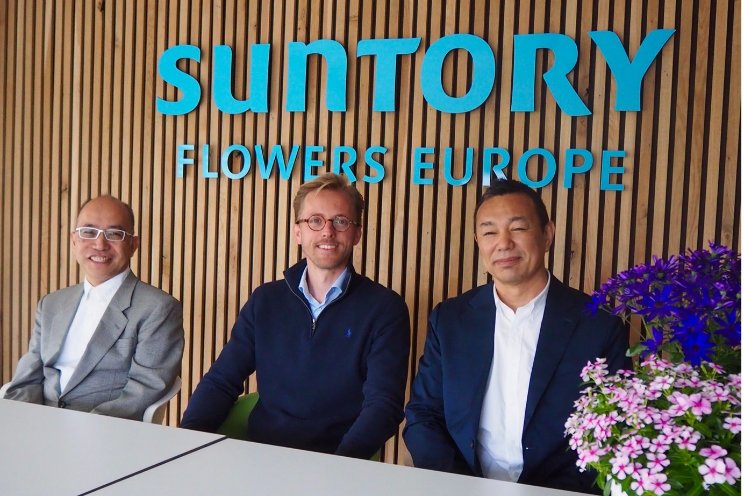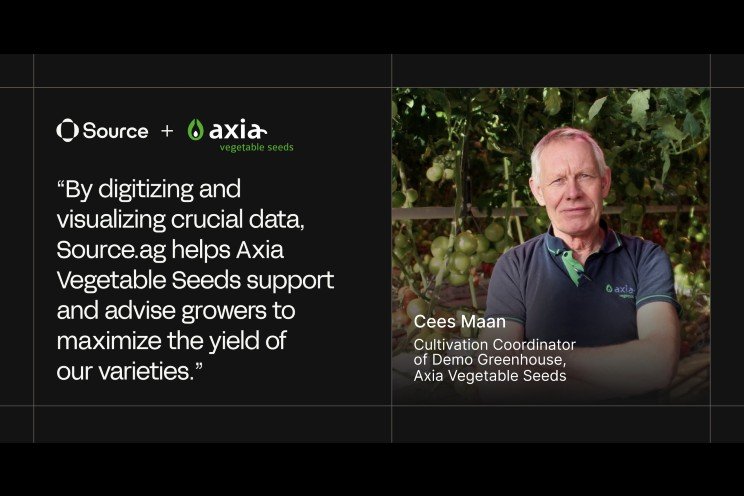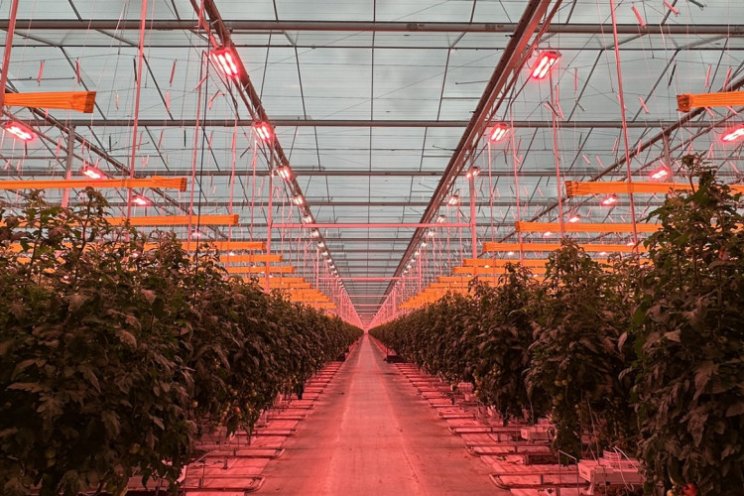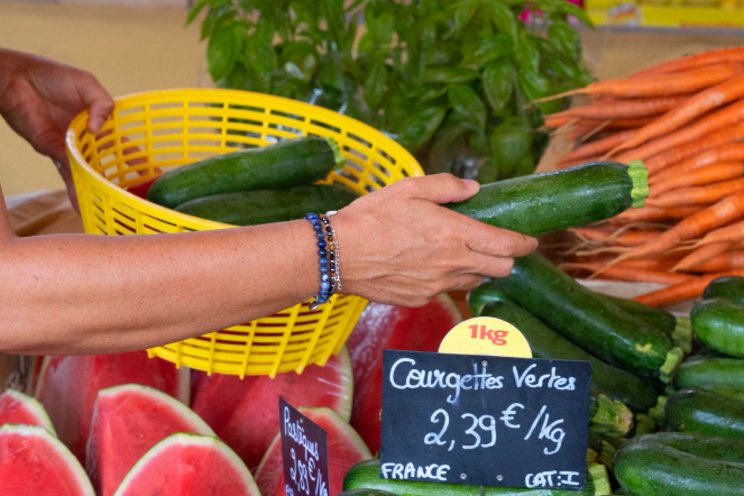Tanzanian woman pioneers in hydroponic farming
Added on 24 March 2021
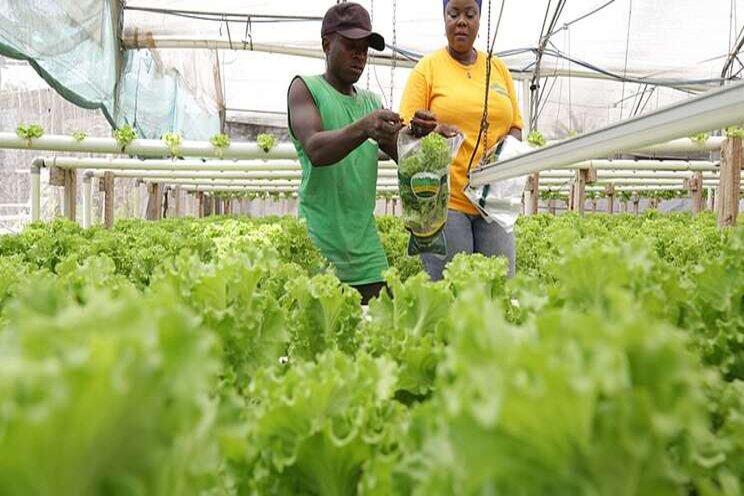
Mlangwa is the owner of Mwamy Green Veggies, a Tanzanian local company that grows vegetables through hydroponic farming, one among the first of its kind in the east African nation.

A worker is seen at a hydroponic farm in Dar es Salaam, Tanzania, March 15, 2021.(Credit: Xinhua)
Hydroponic farming is the practice of growing plants in nutrient solutions without the use of soil. Compared with traditional farming, it requires less space and has better temperature control to cope with the tropical climate here, said Mlangwa, whose farm is located on the outskirts of the commercial capital Dar es Salaam.
"By running a hydroponic farm, we do not need to go outside the city to be a farmer, this kind of farming caters for the needs of the people in the city who has limited space, " she said.
Besides, since the vegetables are grown inside the greenhouse, the damage brought about by pests, weeds and diseases can be reduced to minimum, she said, adding that vegetables harvest quickly in nutrient solutions, only taking 28 to 30 days.
Mlangwa, the mother of two children, started the business four years ago after acquiring the technology in Israel, and is now selling her high-quality vegetables to restaurants, hotels, safari camps and international airlines.
Without using pesticides, her vegetable are very popular in these places.
Like many other businesses domestically and globally, Mlangwa said her business was also much affected after the outbreak of the COVID-19 pandemic last year as hotels are closed due to reduced number of tourists to Tanzania.
However, she is optimistic about the future of her business as she already started another farm outside Dar es Salaam where she can expand the vegetable varieties to include tomatoes, eggplants, red, yellow and green peppers.
The farm is also a popular place for field research. Mlangwa told Xinhua that students majoring in horticulture and agriculture from the University of Dar es Salaam and the Sokoine University of Agriculture in Morogoro region come to her farm every three months for field attachment programs and case study.
Many greenhouses do not survive here because the farmers do not have sufficient knowledge on how to run them, like how to control the water and heat for the vegetables to grow in greenhouses, she said.
Mlangwa said she was delighted to see these young students are interested in learning hydroponics and also have the energy and capability to engage in hydroponic farming in the future.
Source: Global Times
Photo: Workers take care of vegetables grown at a hydroponic farm in Dar es Salaam, Tanzania, March 15, 2021. (Credit: Xinhua)
Source: Global Times
More news
